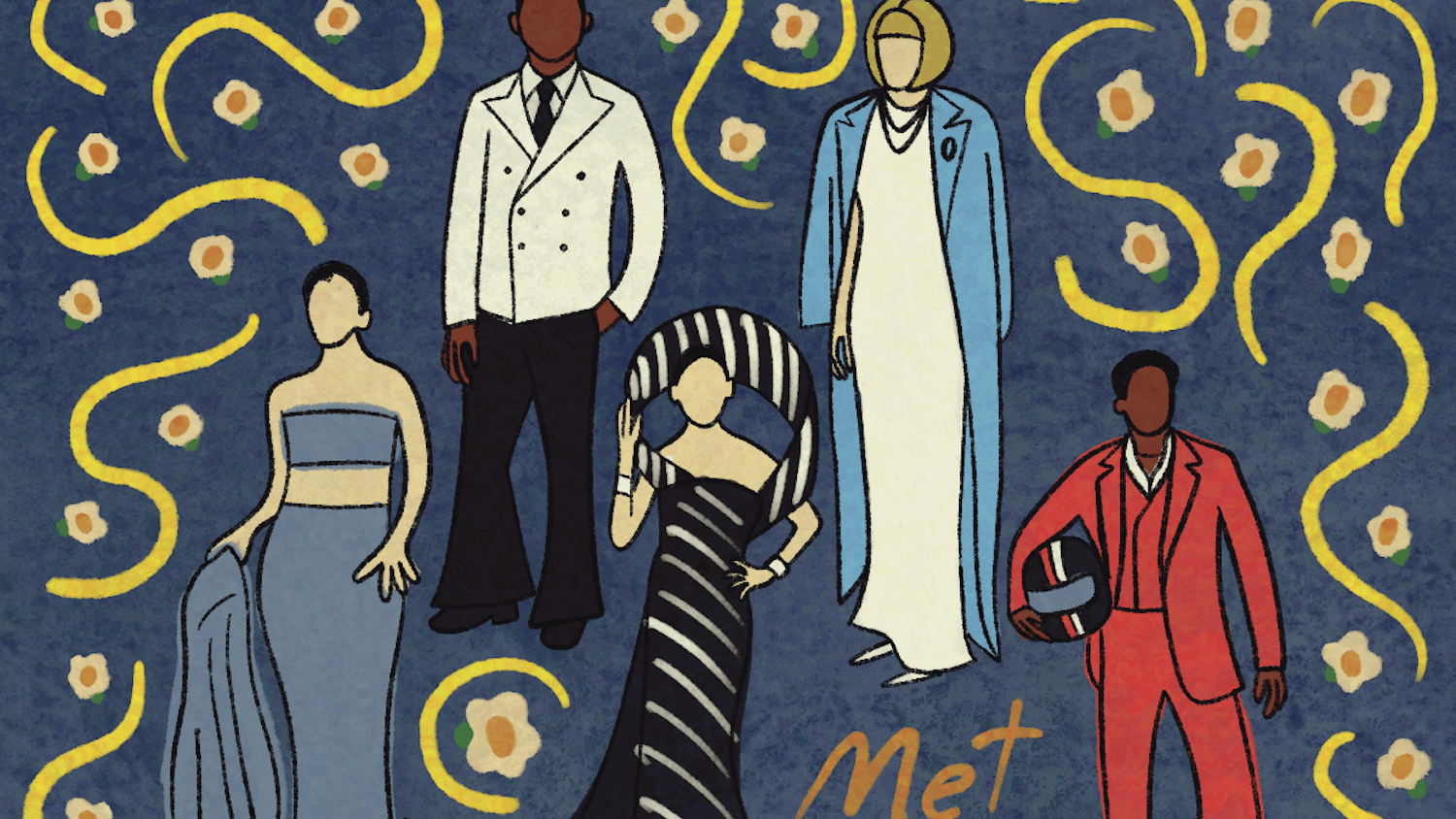Through engaging displays, colorful visuals and one-on-one interactions with scientists, visitors of The Florida Museum of Natural History can dive into the realm of insects and discover their impact on human culture, the environment and health and wellness.
With over a dozen labs, Science Up Close: Incredible Insects offers visitors the opportunity to learn the intricacies of bugs — from our backyards to our guts — from May 25 to Sept. 2.
Unlike most exhibits, this one removes the physical barriers of glass walls and closed-door collections. While visitors roam the space, researchers sit directly behind displays of petri dishes and insect specimens for anyone curious to learn more.
“[The exhibit] is a conversation and you can physically learn from [the scientists],” said Nikhil Srinivasan, the museum’s public relations spokesperson.
In collaboration with UF’s Entomology and Nematology Department, the Wong Lab is the latest featured exhibit showcasing cutting-edge research into the human gut microbiome.
Chun Nin Wong is an assistant professor at UF’s Entomology and Nematology Department.
She’s excited about the department’s latest breakthrough: scientists can separate gut bacteria from the food that fruit flies eat and can now measure how the bacteria population changes over time.
The microbiomes of fruit flies can be physically isolated and studied to derive further insight into the role of gut bacteria in human health and behavior, according to the Berkeley Lab.
“My excitement is being able to share with people how studying fruit flies can draw insights that we can learn about fundamental biology and human diseases,” Wong said.
Though fruit flies may not be what first comes to mind when thinking of a test subject, about 75% of genes that cause disease in humans are also in fruit flies. This similarity makes them a solid model for applying their research to humans.
Allison Dehnel, a research assistant in the Entomology and Nematology Department at UF, is another researcher who interacted with guests curious to learn more about the unique exhibit.
“I think it is really exciting that we're finding out more and more how important the bacteria that live in our bodies and particularly in our guts, are to our health and well-being,” Dehnel said.
Jackie Lebouitz is a Chemicals in the Environment Agent at UF/IFAS extension who attended Incredible Insects June 1.
As a researcher herself, Lebouitz emphasized the importance for scientists to bridge the gap between the public and scientific research.
“I think a lot of people are fascinated by insects,” Lebouitz said. “And I think now more than ever, there's just been kind of a rise in popularity.”
Contact Carlos Alemany at calemany@alligator.org Follow him on X @clos_alemany
Carlos Alemany is a fourth year political science student and the Alligator's 2024 Criminal Justice Reporter. In his free time, you you may catch him thrifting or sketching in Gainesville.






